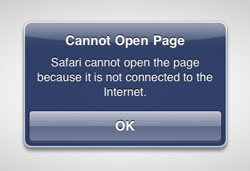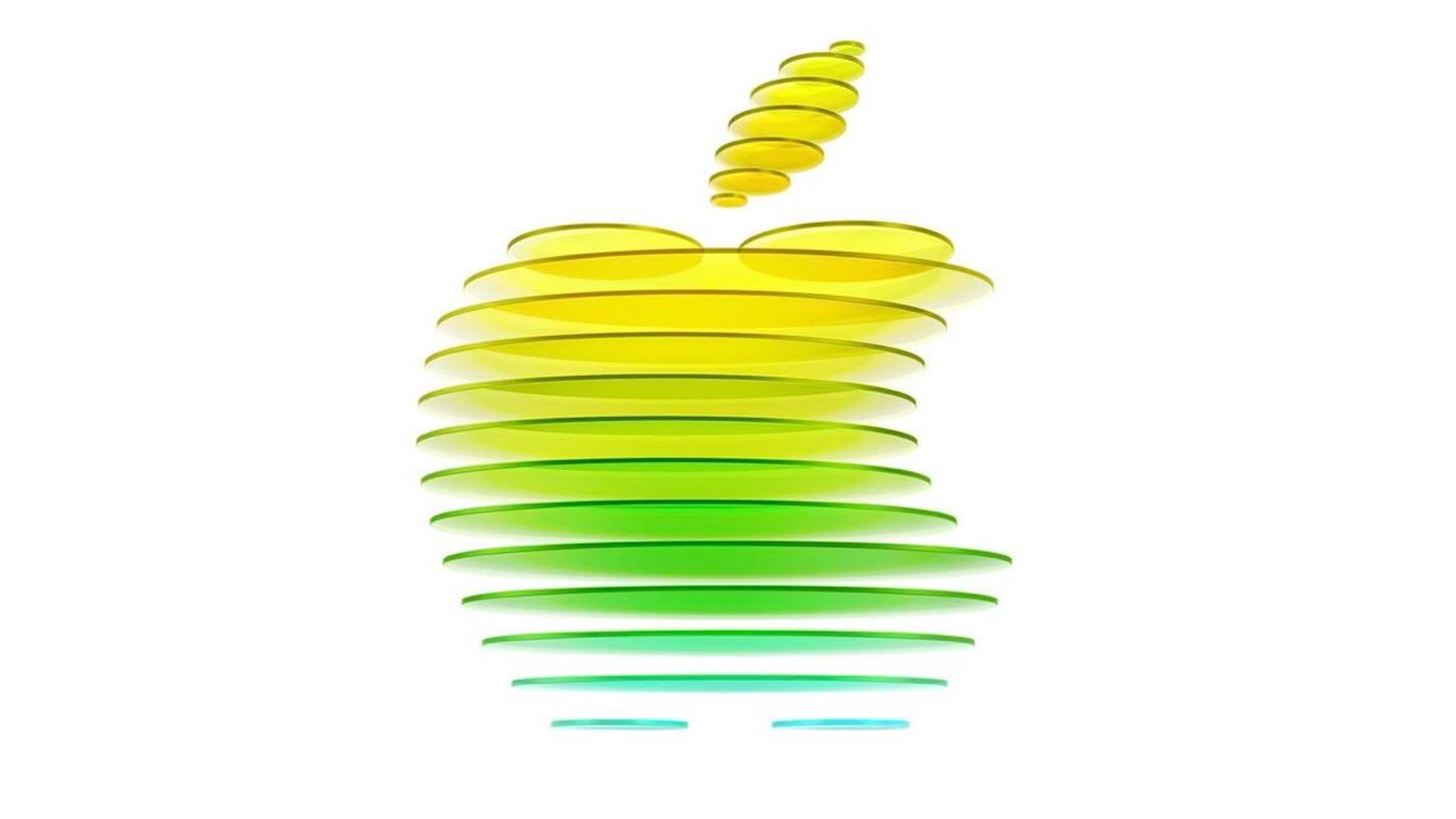DEA judicial review thrown out
Final score: media industry giants 1, rights and freedoms 0
Sign up to Creative Bloq's daily newsletter, which brings you the latest news and inspiration from the worlds of art, design and technology.
You are now subscribed
Your newsletter sign-up was successful
Want to add more newsletters?

Five times a week
CreativeBloq
Sign up to Creative Bloq's daily newsletter, which brings you the latest news and inspiration from the worlds of art, design and technology.

Once a week
By Design
Sign up to Creative Bloq's daily newsletter, which brings you the latest news and inspiration from the worlds of art, design and technology.

Once a week
State of the Art
Sign up to Creative Bloq's daily newsletter, which brings you the latest news and inspiration from the worlds of art, design and technology.

Seasonal (around events)
Brand Impact Awards
Sign up to Creative Bloq's daily newsletter, which brings you the latest news and inspiration from the worlds of art, design and technology.

An attempt by BT and TalkTalk to derail the Digital Economy Act 2010 (DEA) was derailed itself as their judicial review was thrown out by a London court. Since its birth, the DEA has been a much-criticised piece of legislation, since it will provide the means for rights holders to locate and sue those infringing on intellectual property rights. ISPs are unhappy that they will be directly complicit—a 'link' between rights-holders with IP lists and allegedly infringing subscribers—and pretty much everyone has been angry at the act enabling the ramping up of responses to eventual disconnection for persistent offenders.
As far back as March 15, TalkTalk argued "if new legislation made it dangerous to use P2P services [users] would switch to using methods which are undetectable", and The Guardian quotes BT and TalkTalk as saying the act "infringes on users' 'basic rights and freedoms' and received insufficient parliamentary scrutiny," hence seeking the judicial review.
The court ruled in favour of the DEA on almost every count, although, notably, the verdict appeared to largely be based on the DEA not violating EU laws, and so shouldn't be considered a reflection on the quality of the legislation. The only crumb of consolation for ISPs is that they will now be liable for fewer associated costs. A statement from The Department for Culture, Media and Sport, said: "The judge ruled ISPs could be made to pay a share of the cost of operating the system and the appeals process but not Ofcom's costs from setting up, monitoring and enforcing it."
Thousands of letters will start being sent to alleged infringers early in 2012, unless BT and TalkTalk manage to turn the tide at the last moment. With both organisations disappointed with the verdict and the harm the DEA will cause, both are considering appeals.
Sign up to Creative Bloq's daily newsletter, which brings you the latest news and inspiration from the worlds of art, design and technology.

The Creative Bloq team is made up of a group of art and design enthusiasts, and has changed and evolved since Creative Bloq began back in 2012. The current website team consists of eight full-time members of staff: Editor Georgia Coggan, Deputy Editor Rosie Hilder, Ecommerce Editor Beren Neale, Senior News Editor Daniel Piper, Editor, Digital Art and 3D Ian Dean, Tech Reviews Editor Erlingur Einarsson, Ecommerce Writer Beth Nicholls and Staff Writer Natalie Fear, as well as a roster of freelancers from around the world. The ImagineFX magazine team also pitch in, ensuring that content from leading digital art publication ImagineFX is represented on Creative Bloq.
